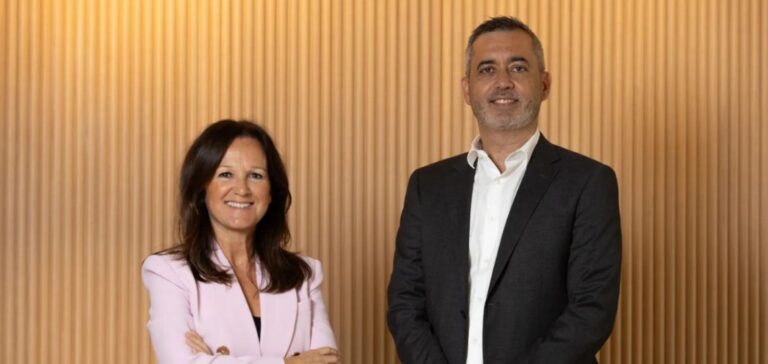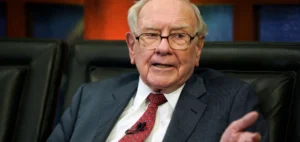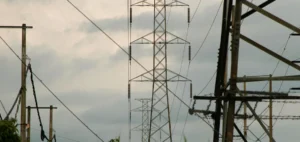Accenture’s acquisition of BOSLAN marks a strategic step forward in the optimization of net-zero infrastructures.
BOSLAN, specialized in infrastructure project management, brings crucial expertise to Accenture in the transition to sustainable energy.
This collaboration will improve project management and execution using advanced technologies such as artificial intelligence (AI) and digital asset lifecycle management tools.
Optimization of Infrastructure Projects
By integrating BOSLAN, Accenture aims to transform the management of net-zero infrastructure projects.
BOSLAN’s services include feasibility studies, project planning, cost and quality control, contract negotiation and management, and field supervision.
The company is recognized for its expertise in supervising the construction of wind farms, solar power plants, smart grids and electric vehicle infrastructure.
This acquisition brings Accenture more than 1,000 engineering and project management professionals, mainly based in Spain and Brazil, with a notable presence in Portugal, the UK, the USA and Mexico.
This strengthens Accenture’s ability to manage large-scale projects predictably and efficiently.
Expansion and Synergy
With this acquisition, Accenture expands its capital projects presence in Europe, where spending on the clean energy transition has reached $341 billion by 2023.
Last year, Accenture had already strengthened its position in North America with the acquisitions of Anser Advisory and Comtech Group. Götz Erhardt, Industry X leader for Europe, Middle East and Africa at Accenture, points out that European energy and utilities companies play a key role in the transition to renewable energies. BOSLAN’s engineering and industry expertise will strengthen Accenture’s capabilities to help European and global clients achieve their net-zero ambitions.
Prospects for Innovation and Growth
Mercedes Oblanca, Iberia Market Manager at Accenture, expresses her enthusiasm for this integration, noting that Spain is at the forefront of net zero transition thanks to its experience and skills in this field. The integration of BOSLAN professionals will combine the strengths of data and AI with engineering to help customers execute their energy infrastructure projects more efficiently and securely.
Isaac Gómez, CEO of BOSLAN, says this union with Accenture will expand their services with advanced technology solutions, consulting and transformation capabilities, as well as global reach.
This collaboration promises new advances for major infrastructure and energy projects, particularly in sectors such as offshore wind farms and hydrogen infrastructure.
The strategic merger between Accenture and BOSLAN strengthens Accenture’s capabilities in complex project management and positions the company as a global leader in the provision of innovative and sustainable infrastructure solutions.
Private and public companies in the renewable energy, infrastructure and data center sectors will benefit greatly from this synergy.






















